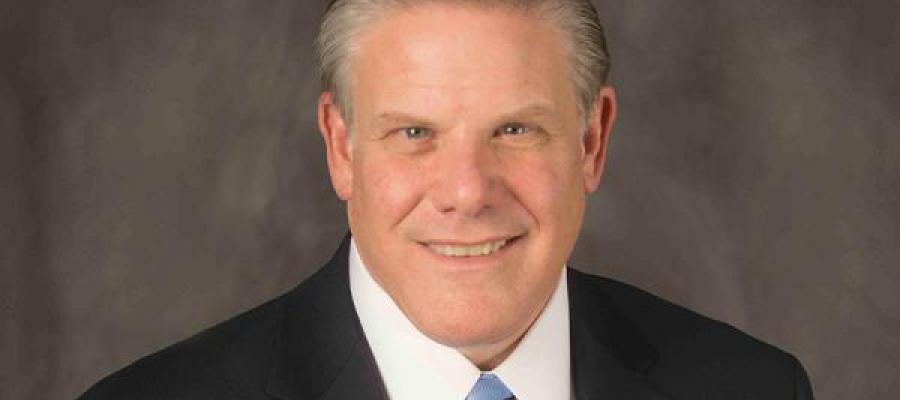Perspective: Transforming to Better Serve Communities

Health care is changing as the march from volume to value moves forward. And hospitals and health systems are redefining the “H” to meet the demands of the moment, and of the future, in a way that is even more responsive to our patients and communities.
As this movement continues, hospitals may look very different than they do today. But every hospital – regardless of how you define the “H” – has the opportunity to provide leadership, serving as an access point or anchor of services in their community.
Recognizing the need for new models of care to fit these changing times, in 2016, the AHA Task Force on Ensuring Access in Vulnerable Communities put forth nine emerging strategies for preserving health care services in these areas.
One strategy – the Emergency Medical Center – would allow existing facilities in certain areas to continue providing emergency medical services without having to maintain inpatient beds or provide inpatient acute care services. This would allow hospitals that may be struggling, for a variety of reasons, to continue to meet the needs of the community for emergency and outpatient services.
Last week, Reps. Lynn Jenkins (R-KS), Ron Kind (D-WI) and Terri Sewell (D-AL) introduced AHA-supported legislation that would make this strategy a reality. The Rural Emergency Medical Center Act of 2018 (H.R. 5678) would create a new designation under the Medicare program allowing hospitals meeting certain criteria to transition to a 24/7 emergency medical center with enhanced reimbursement and transportation to higher-acuity facilities, as needed.
The REMC Act is an important step in providing options for redefining the “H.” It would offer certain hospitals a new option to align services with community needs and remain a local access and anchor of services.
Nearly 60 million Americans live in rural areas and depend on their hospital as an important – and often only – source of care in their communities. The AHA supports the REMC Act as an innovative approach to ensuring all Americans have access to the health care they need, no matter where they live.

